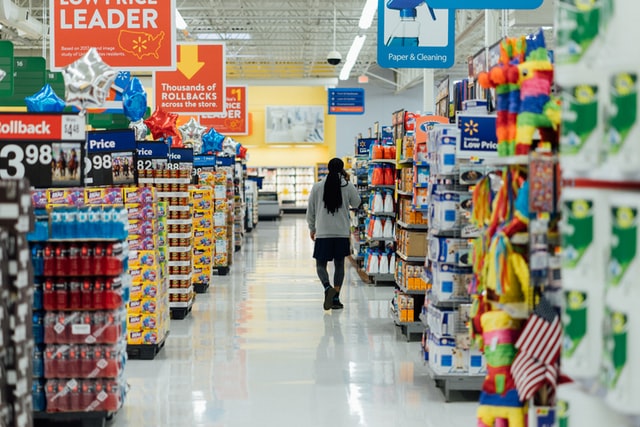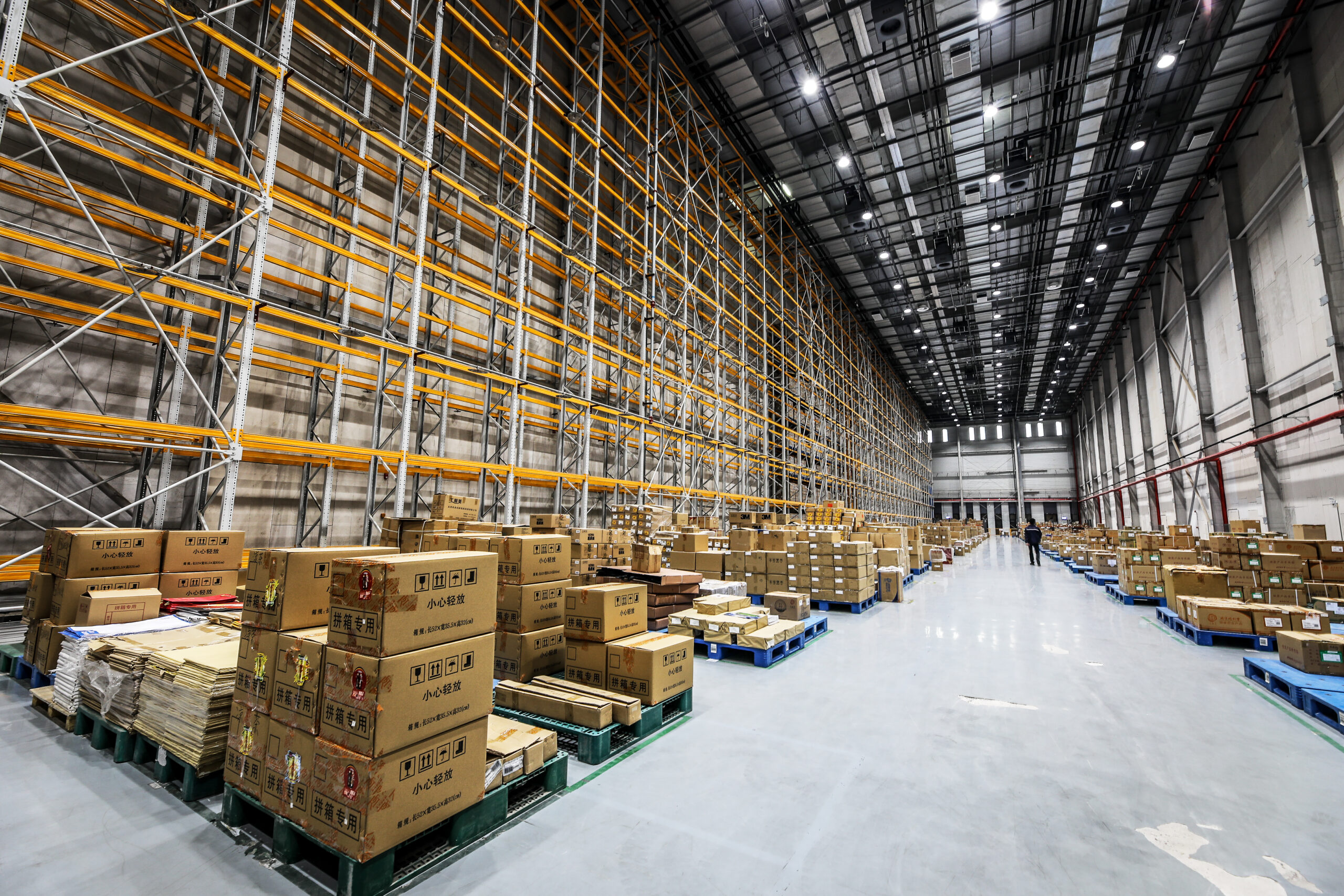Covid-19 led to an increase of online shopping and e-commerce has exploded. Logistics organisations are now faced with the hard task to deliver goods from previously unexpected locations. The last mile has changed so much in the last 18 months that it is hard to recognise it. Could Ship to store be the future of retail?
A possible solution to the current fulfilment headaches for the last mile might be turning shops into micro-fulfilment centres. This idea is welcomed by Stuart, a last mile specialist, that operates in large European cities like London.

‘We believe that the stores of the future have a dual role. They will act as experiential spaces for customers to discover brands, their new products and initiate the act of purchase – however they will also serve as a key link in the supply chain to provide innovative delivery options for customers, ‘ explains Nicole Mazza from Stuart in a recent blogpost.
The change is not going to be good only for large retail as SMEs can also benefit from a micro-fulfilment model, says Sandra Rothbard, Principal at Freight Matters. Rothbard believes that SMEs can come together and organise a more sustainable and efficient delivery system by adopting micro-fulfilment for the last mile.
Another thing that could shape the way goods are stored in the city is multi-storey warehouses. According to Paul Needler, Partner at Arcadis UK the way buildings are being used will changes.
Finally automation will also have a big role to play. What technologies are used in the last mile warehouse will be crucial.
To bring some more insights on the topic The Logistics Point is organising a series of last mile webinars this October. Find out how last mile hubs will add value to operations on the 5th October at 10 am UK time where you can meet Marcus Hurd from Stuart, Sandra Rothbard, Paul Needler and Freek Smoes. The registration is free and you can do it here!



